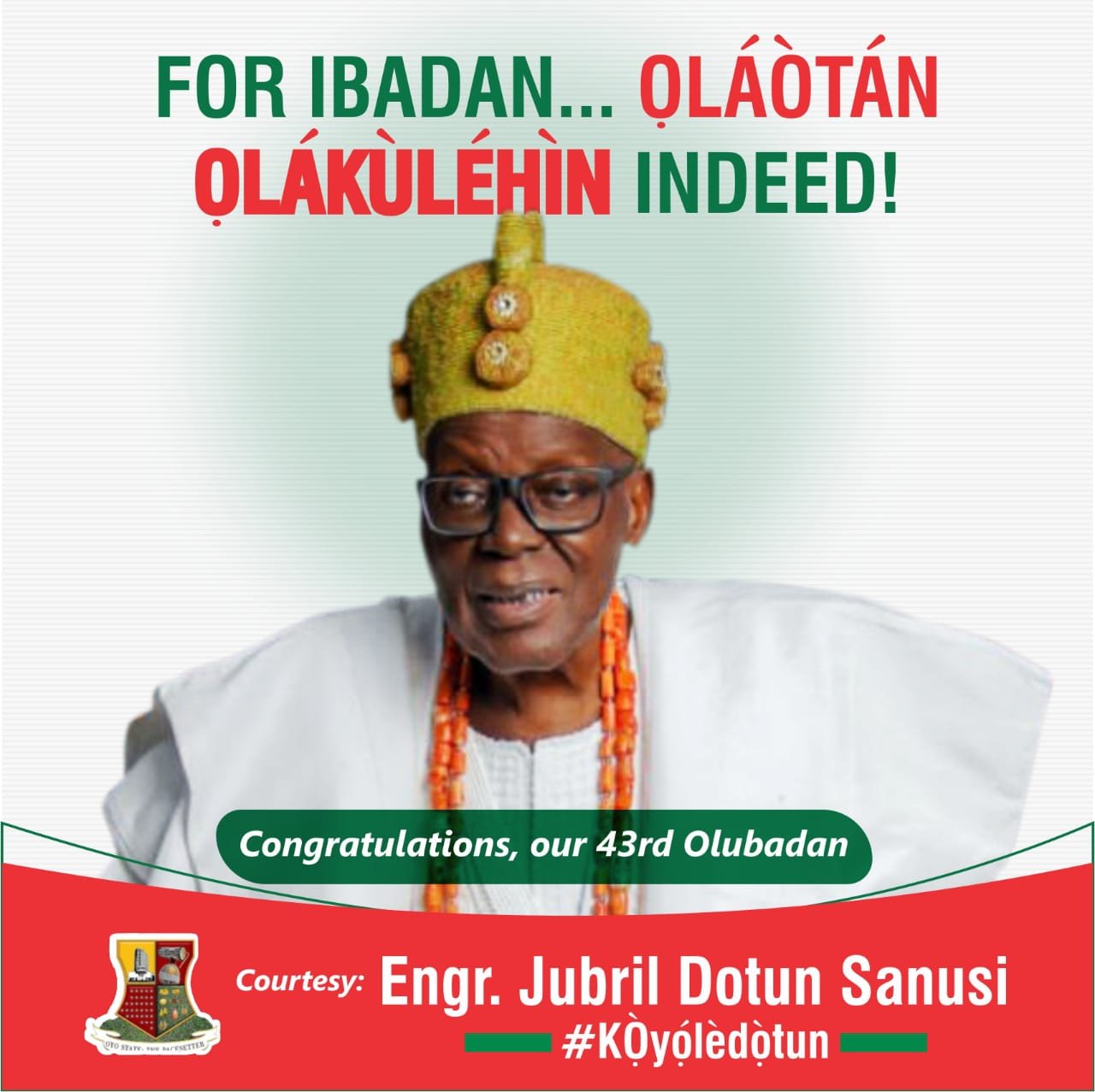It’s really unfortunate that Buhari banned Twitter. As the Nile was to Ancient Egypt (commerce, agriculture, travel, etc. hinged on the Nile), so is Twitter to Nigeria’s feeble-kneed economy. Significant economic activities happen on Twitter. In a nation with a troubling rate of youth employment, that’s a good thing; and taking away such a platform that fills young Nigerians with the courage to attack the day with renewed hope is as ridiculous as ridiculous can get.
Amidst all of the ongoing madness, I have been thinking about one question and it goes thus: what will happen to the activists of today when they become leaders tomorrow? Put differently, what will happen to the likes of, say, Falz, Mr. Macaroni, FEMCO ladies, etc. when they get the chance to lead?
I ask this question as a Nigerian with a decent sense of our history, and in light of the recent Twitter ban midwifed by Mr. Lai Muhammed. Mr. Lai Muhammed was a star of National Democratic Coalition (NADECO), the pro-democracy group that fought military dictatorship with vigor, brought it down, and pierced a dagger through its bullish head. Lai Muhammed was a prominent figure in the fight. He was a democrat through and through. As a member of NADECO, he nursed a vision of a Nigeria that works for everyone. Today, nothing personifies the failure of Buhari’s Nigeria more than Lai Muhammed.
There was also Káyọ̀dé Fáyẹmí, the Governor of Èkìtì State. One of Fáyẹmí’s tasks in the fight against dictatorship was managing Radio Kudirat, a pirate radio station that sensitized Nigerians and the world on the dangers of Sani Abacha. As one would expect of a dictator, Abacha went after the radio station, and Fáyẹmí traveled the globe, leveraing Prof. Wọlé Sóyinká’s goodwill, soliciting funds to keep the radio station running, and crying to whoever would listen about the agonies of censorship and dictatorship. Today’s Fáyẹmí will not utter a word about Lai Muhammed’s Twitter ban.
Think about Adams Oshiomole, a former governor of Edo State and a former president of the Nigerian Labour Congress. For the sake of Nigerian workers, Comrade Oshiomole wouldn’t mind shutting down the country. He was the savior of the masses during Obasanjo’s era of anti-workers policies. The oppressed loved Oshiomole and the oppressors disliked him. He would later become a governor. And like other so-called activists, sadly, he lost his mind. For example, he once told a widow to “go and die.” (Though he later apologized.) Comrade Oshiomole would probably not say that at all, especially to a widow.
The examples of activists-turned-Mephistopheles are numerous. And, in fact, according to neuroscientists and psychologists, the reason for this may have to do with a form of brain damage. The consensus among experts is that power impairs the human brain. A group of Canadian researchers, for example, using transcranial magnetic stimulation, discovered how power makes even the best of humans do terrible things. According to them, when people get power, the part of the human brain that triggers empathic behaviors starts malfunctioning, its capacity starts delclining. So, even if you give power to a saint, she/he will likely become a lucifer, over time. On the one hand, this partly explains why Lai Muhammed, Káyọ̀dé Fáyẹmí, Adams Oshiomole, etc. have turned out to be the joke they are today. On the other hand, it signals what we may get from today’s activists when they become leaders tomorrow. Sounds pessimistic; but, it’s what science and history say.
Thankfully, there is hope. When people talk about ‘saner climes,’ it’s not because the said climes are perfect, nor because they do not have their own Lai Muhammed & co. They do, maybe more than we do. However, they are ‘saner’ because they have what we don’t have: strong institutions. Institutions that check the excesses of leaders with reduced brain functions, or with an over-bloated sense of being. We need similar institutions in Nigeria. At the least, we need a truly independent judiciary, one that can give effect to laws courageously, without fear. We need a legislature that is bold enough to call out the excesses of the executive. We need an executive that understands that leadership is service, and service comes before politics. We can start making this our reality by holding our leaders accountable.
We need strong institutions. This is the only way today’s Falz, Mr. Macaroni, FEMCO ladies, etc. will not become the Lai Muhammeds, Fáyẹmís, Oshiomoles, and co. of tomorrow. God bless Nigeria.
‘lágbénró Ọládipọ̀, a teacher, writes from Áwẹ́, Ọ̀yọ́ State.
































